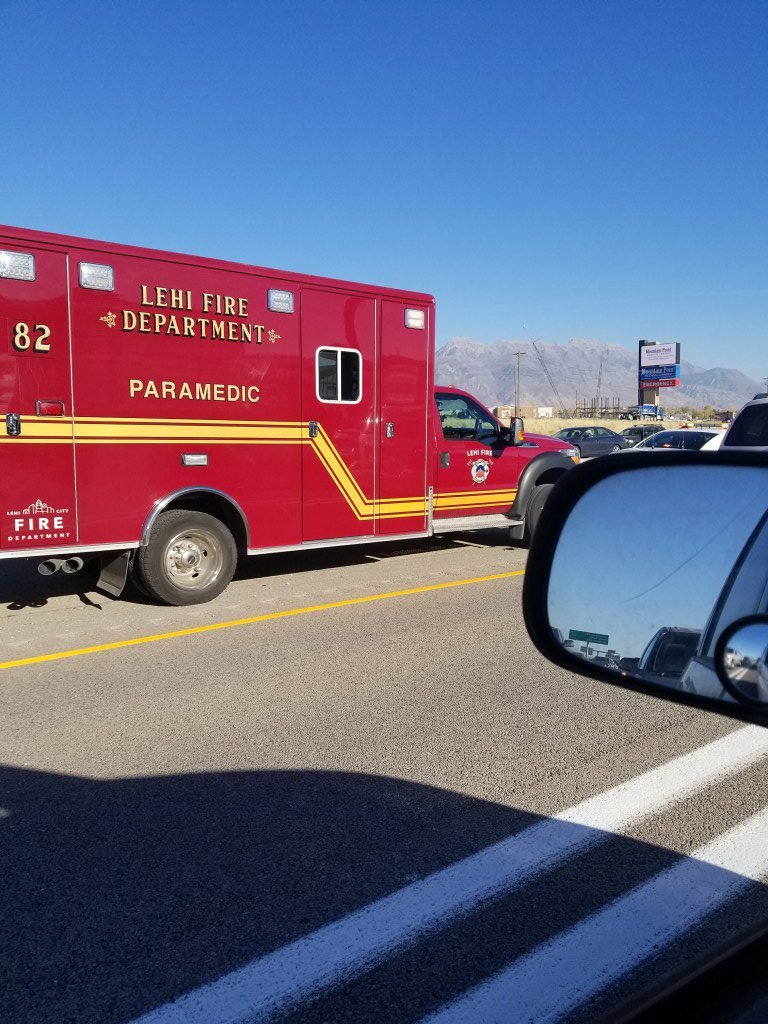Any car accident personal injury attorney is forever diligent in seeking out hospital liens and negotiating them. To forget or miss a hospital lien means the lawyer, his law firm and his client get sued. This is not good, especially considering there are statutory attorney fees at stake if you lose the lawsuit.
Here are the basics of Utah Hospital Liens in Utah car accidents:
1. The Hospital Lien Statute.
The infamous lien statute is found at Utah Code Ann 38-7-1. The gist of the hospital lien statute states:
38-7-1. Lien of hospital on judgment, settlement, or compromise in certain accident cases authorized.
(1)
(a) Except as provided in Subsection (3), a hospital located within the state that furnishes emergency, medical, or other service to a patient injured by reason of an accident is entitled to assert a lien upon that portion of the judgment, settlement, or compromise going or belonging to the patient, or, in the case of death, to the patient’s heirs or personal representatives, less the amount paid by the patient, or on behalf of the patient by heirs or personal representatives, for attorney fees, court costs, and other necessary expenses incidental to obtaining the judgment, settlement, or compromise.
The attorney fees provision is found in section 3 as follows:
38-7-3. Parties or insurance carrier making payment liable for satisfaction of lien — Enforcement of lien.
(1) Any person, firm or corporation, including an insurance carrier, making any payment to a patient or to his attorney, heirs or legal representative as compensation for the injuries and/or damages sustained, after the filing and, if applicable, receipt of written notice of the lien, as aforesaid, and without paying the hospital asserting the lien the amount of its lien or that portion of the lien which can be satisfied out of the money due under any final judgment or contract of compromise or settlement, less payment of the amount of any prior liens, shall be liable to the hospital for the amount that the hospital was entitled to receive.
(2) Liability of the person, firm or corporation for the satisfaction of the hospital lien shall continue for a period of one year from and after the date of any payment of any money to the patient, his heirs or legal representatives as damages or under a contract of compromise or settlement. Any hospital may enforce its lien by a suit at law against the person, firm or corporation making the payment. In the event of a suit to enforce a lien the hospital may recover a reasonable attorney’s fee and the costs of filing and recording the lien.
What this means is that if the lawyer does not pay the hospital lien, the attorney will be sued. The money to pay your hospital lien should come directly out of your settlement proceeds from your personal injury case.


2. Effects on Negotiations and Settlements.
Prior to any negotiations or accepting any settlements, your personal injury attorney should figure out what the bottom line compensation will be after deducting your hospital liens from your settlement proceeds. Your personal injury attorney should provide you with a settlement summary or ledger that describes where your settlement proceeds are going and to whom.
It is a terrible idea to settle a personal injury car accident case without knowing what the hospital lien balance is. This goes for all liens on the car accident case, whether it’s a Medicaid, Medicare, funder or medical provider lien.
3. The Lien Reduction Process.
Hospital liens can be reduced from their original balances. For example, if you have a $100,000 hospital lien, you can call the lien holder and ask them to reduce by 33% to reflect the personal injury attorney’s efforts to secure the hospital’s payments. Essentially, the personal injury attorney is acting as a debt collector for the hospital and not getting paid for it. Therefore, the hospital should reduce their lien to reflect the personal injury attorney’s work to collect the hospital’s bill.
Most of the time the hospital will reduce their bills to facilitate settlement of the personal injury car accident claim. The rational being that at least the hospital will collect some money, and money now, rather than later.
4. Bankruptcy and Hospital Liens.
Filing Bankruptcy before your hospital lien is perfected IS an uncharted area in Utah law. When a hospital lien holder will not negotiate their lien prior to perfection, it will often leave the injured party with no other alternative but to file Bankruptcy on the hospital bills. Especially when the hospital bills are very large and almost entirely envelope the insurance policy limits.
The following example illustrates how a hospital lien can totally envelope a personal injury claim:
Imagine a head on collision where the passenger is severely injured requiring numerous orthopedic (bone fractures) surgeries, costing $125,000. The liability limits of the insurance policy for the at-fault driver is $100,000. This means that the case will settle for the $100,000 policy limits, but the injured party will not receive anything because there is a $125,000 hospital lien on the settlement proceeds.
When the hospital is unwilling to reduce their fees, the injured party can file Bankruptcy, eliminating any possible perfection of the hospital lien, before it becomes a lien. Thus, freeing up compensation for the injured party and punishing the hospital for not reducing their lien.
Filing Bankruptcy on your medical providers is a serious matter and should be considered carefully. But it should be considered, especially when the hospital refuses to reduce their lien.
CONCLUSION:
If you are in a car accident, call attorney Jacob S. Gunter for a free consultation. (801) 373-6345.
